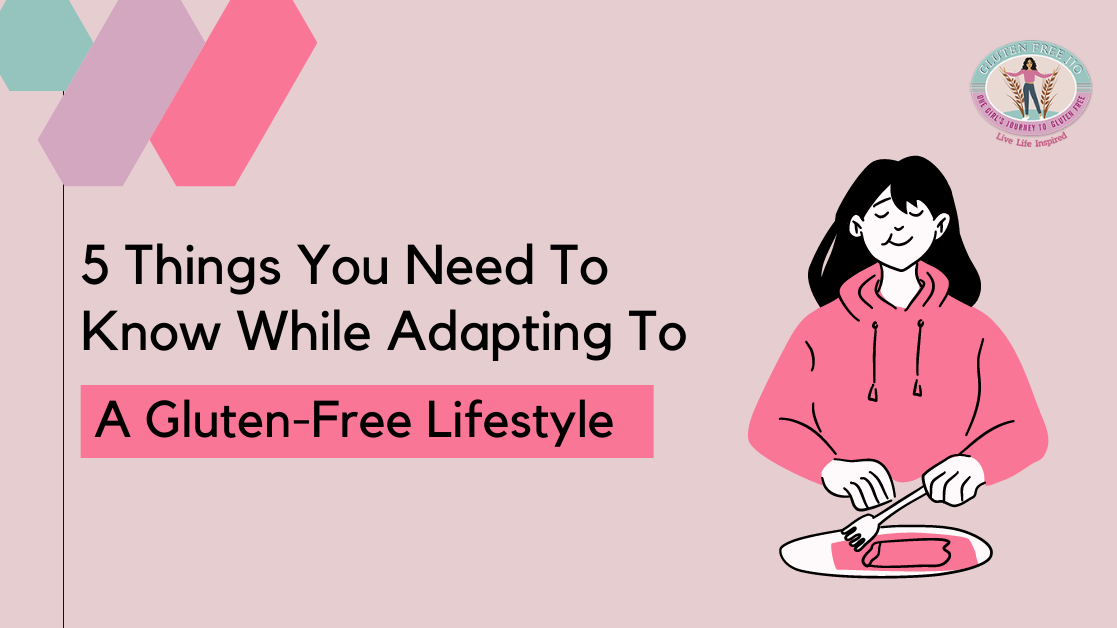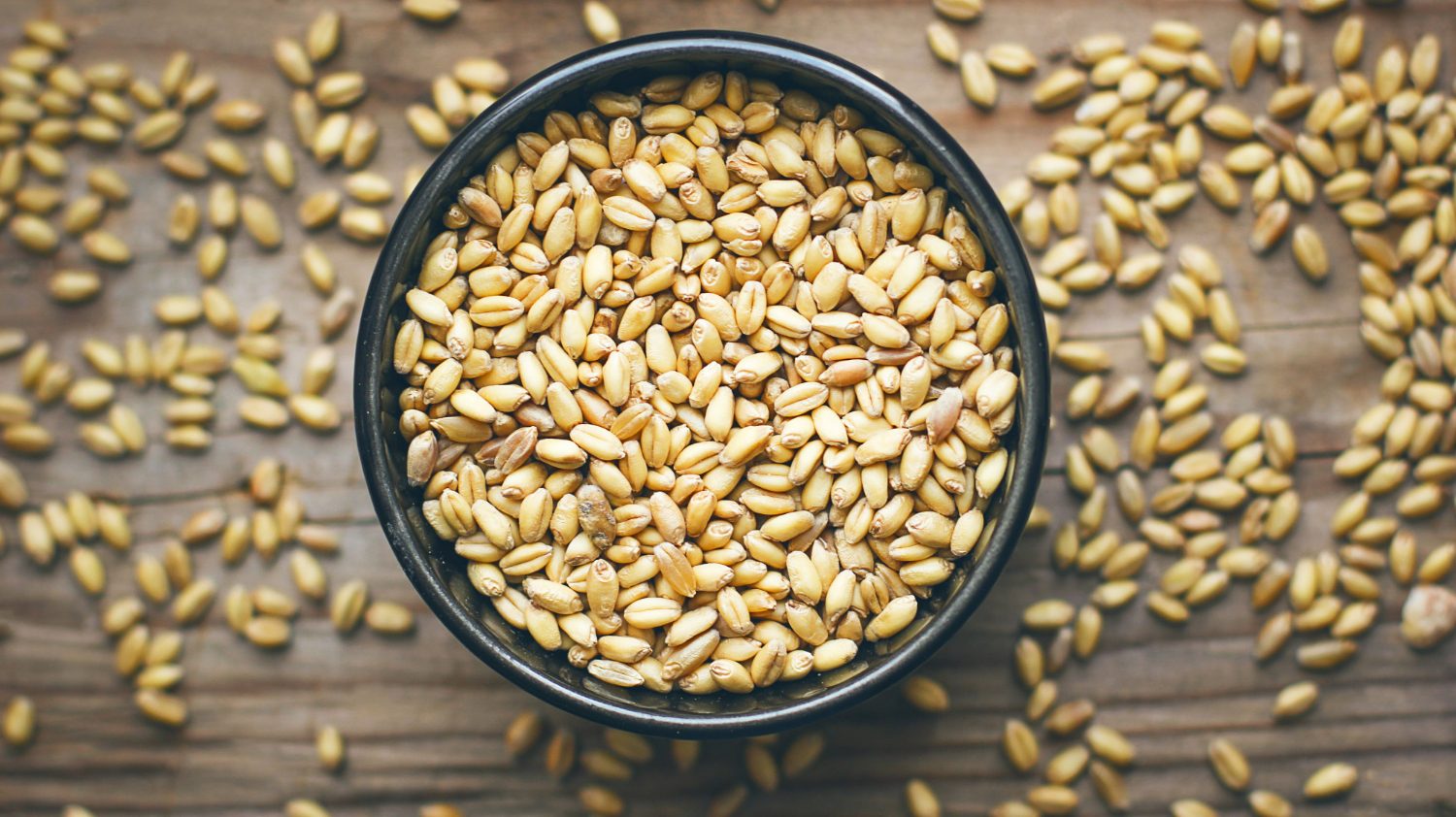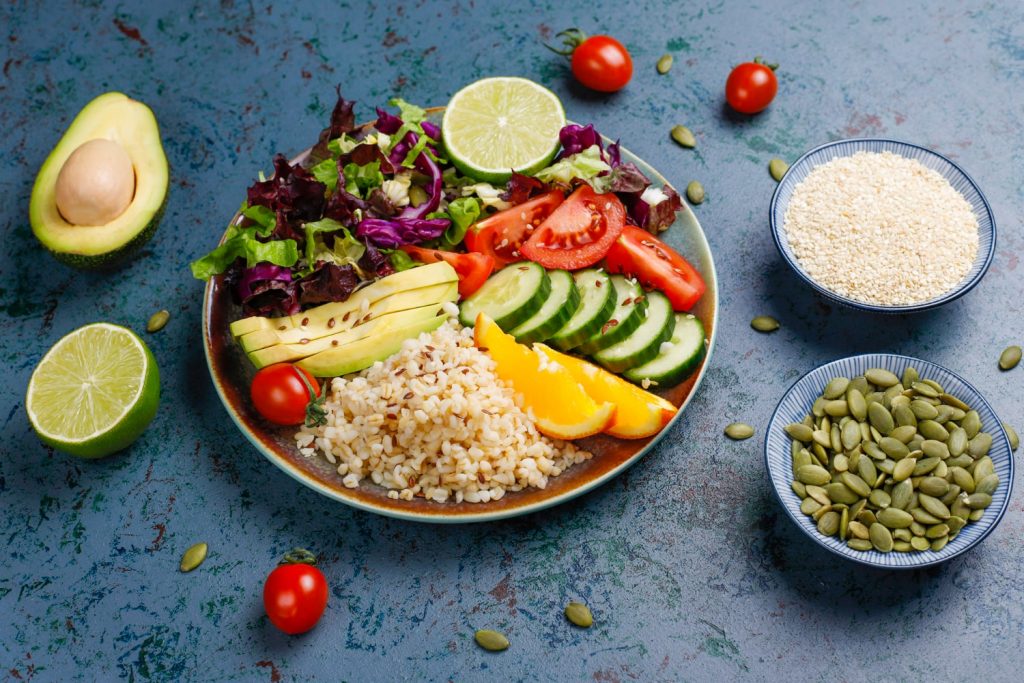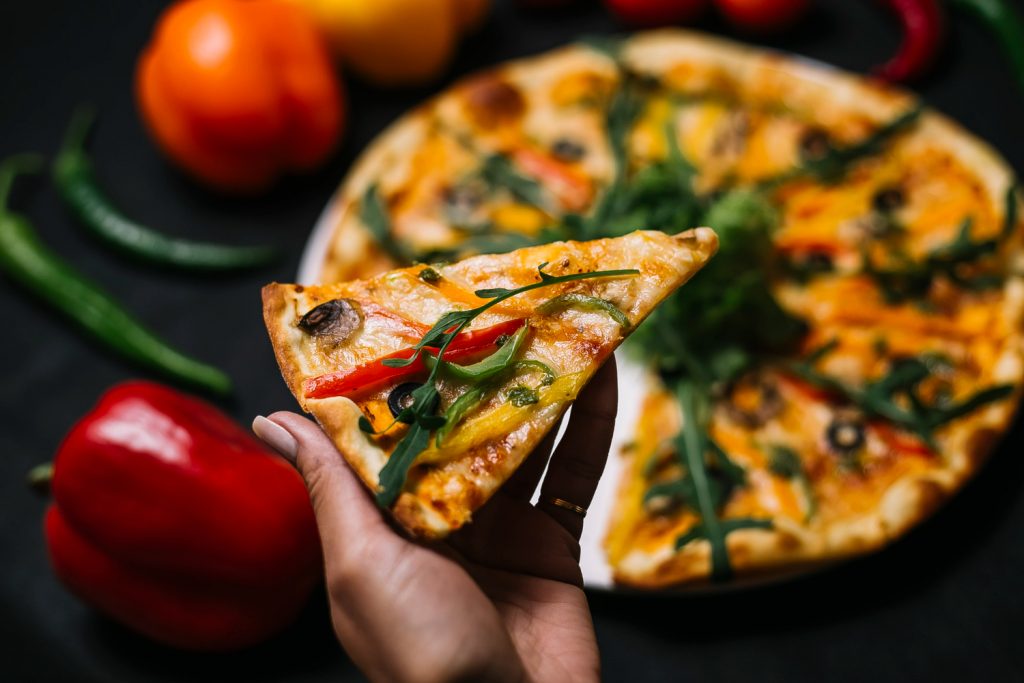5 Things You Need To Know While Adapting to a Gluten-Free Lifestyle

Many of you might have heard about gluten before, but may not understand what exactly it is, what the drawbacks of having gluten in your diet, and how to avoid them.
Nowadays, people are becoming quite conscious about their health and eating habits and are adapting to a gluten-free lifestyle.
Let’s discuss gluten in detail, its effects on your lives, and facts about gluten-free foods you might not be aware of.
What is Gluten?
Gluten is a collective term that refers to different kinds of proteins (prolamins) thatare naturally present in some form of grains like wheat, barley, rye, oats, etc.
Gluten is composed of two types of proteins – gliadin and glutenin which act as a binding agent and strengthen the dough, helping the bread to be light and fluffy.
How Can Gluten Affect Your Body?
Eating gluten is not suitable for everyone.
Many individuals experience certain kinds of side effects such as diarrhea, fatigue, bloating, headaches, etc., after taking gluten. Some of these individuals are diagnosed with celiac disease.
If we talk about the stats, according to the NDTV report, 6 to 8 million people suffer from celiac disease in India.
But still, many of them are not aware of celiac disease and generally confuse it with gluten sensitivity.
Let us help you understand the difference between both terms.
What is the Difference Between Gluten-Sensitivity & Celiac Disease
| Identifiers | Gluten-Sensitivity | Celiac Disease |
| Cause | Unknown response to gluten | Autoimmune response to gluten |
| Symptoms | Digestive issues, acne, fatigue, headache, etc. | Fatigue, headache, acne, bloating, anaemia, vitamin deficiencies, intestinal damage, etc. |
| Treatment | Gluten-free diet | Gluten-free diet |
| Also Known As | Non-celiac gluten-sensitivity, gluten intolerance | Coeliac disease and celiac sprue |
Related Read: Understanding the Emotional & Mental State of Celiac Patients
Things to Consider While Adapting to a Gluten-Free Lifestyle
1. Gluten isn’t only in grains

If you think that only wheat, barley, and oats contain gluten, you are wrong. Gluten isn’t just found in grains. Instead, it is also present in soups, salad dressing, sauces, beer, food colors and vinegar.
So, if you are going to begin your gluten-free journey, you need to take great care in identifying the products you can and cannot eat to stay healthy and fit.
2. You can’t trust all products labeled as Gluten-Free

Not all products labeled “gluten-free” are healthy. Many companies market various gluten-free cakes, cookies, and other delicious products as healthy, but they are, in fact, highly processed and detrimental to your health.
So beware while navigating the gluten-free aisles in the market. Be sure to read the ingredients list carefully and consult your nutritionist before you chow down.
3. Gluten-Free doesn’t mean low carbs

Gluten-free foods contain carbohydrates, but these carbs come from flours like sorghum, potatoes, and millet—ingredients that are naturally gluten-free.
Many gluten-free flours contain the same amount of carbs as those of gluten-containing flours, except for bean flour, which has a lower carb value.
4. Gluten-Free foods helps you treat migraines

Migraine pains are quite common in people who are gluten-intolerant or suffering from celiac disease. Therefore, switching to a gluten-free lifestyle will save you from severe migraine attacks, improving your overall physical and mental well-being.
5. Don’t mislead yourself by gluten-free junk foods

Food giants like Pizza Hut and Dominos have started selling pizzas with gluten-free crusts.But as the pizzas are prepared in the same kitchen it isn’t recommended for gluten-sensitive and celiac patients to have it.
Hence, don’t fall for that trapas it can cause harm to your health and make your conditions even worse. Instead, you can make gluten-free pizza at home in a much safer and healthy way.
Bottom Line
Going gluten-free can be difficult at first. It involves identifying the right set of foods, preparing a proper meal plan, adhering to a healthy and gluten-free lifestyle.
You can consult a nutritionist who can guide you to a nutritious gluten-free diet to eliminate symptoms of celiac disease or non-celiac gluten sensitivity.
While going out for dinners enquire about the restaurant or ask the waiter about gluten-free food menu. It will help you to keep track of restaurants that you can visit often and enjoy gluten-free meals.
Stay Healthy & Enjoy Your Gluten-Free Lifestyle!
In case you have any queries related to gluten-free tips, gluten-free foods, celiac disease, etc., reach out to us info@glutenfreejio.com and we would be happy to help you!
 MY JOURNEY
MY JOURNEY About Me
About Me Early life
Early life Diagnosis
Diagnosis CELIAC DISEASE
CELIAC DISEASE Symptoms & Diagnosis
Symptoms & Diagnosis Treatment & Follow Up
Treatment & Follow Up GLUTEN - FREE LIVING
GLUTEN - FREE LIVING At Home
At Home At School
At School At Social Events
At Social Events
 Grocery Shopping
Grocery Shopping COMMUNITY OUTREACH
COMMUNITY OUTREACH Gluten Free Meetup
Gluten Free Meetup Workshops
Workshops Webinars
Webinars COVID-19 Camps By Gluten Free Jio
COVID-19 Camps By Gluten Free Jio  Mid Day Meal
Mid Day Meal Beyond Celiac
Beyond Celiac Real Stories of Celiac
Real Stories of Celiac RESOURCES
RESOURCES Restaurant Dining Cards
Restaurant Dining Cards Recipes
Recipes Gluten Free eBook
Gluten Free eBook Gluten Free Jio App
Gluten Free Jio App RECOGNITION
RECOGNITION TRAVEL DIARY
TRAVEL DIARY



